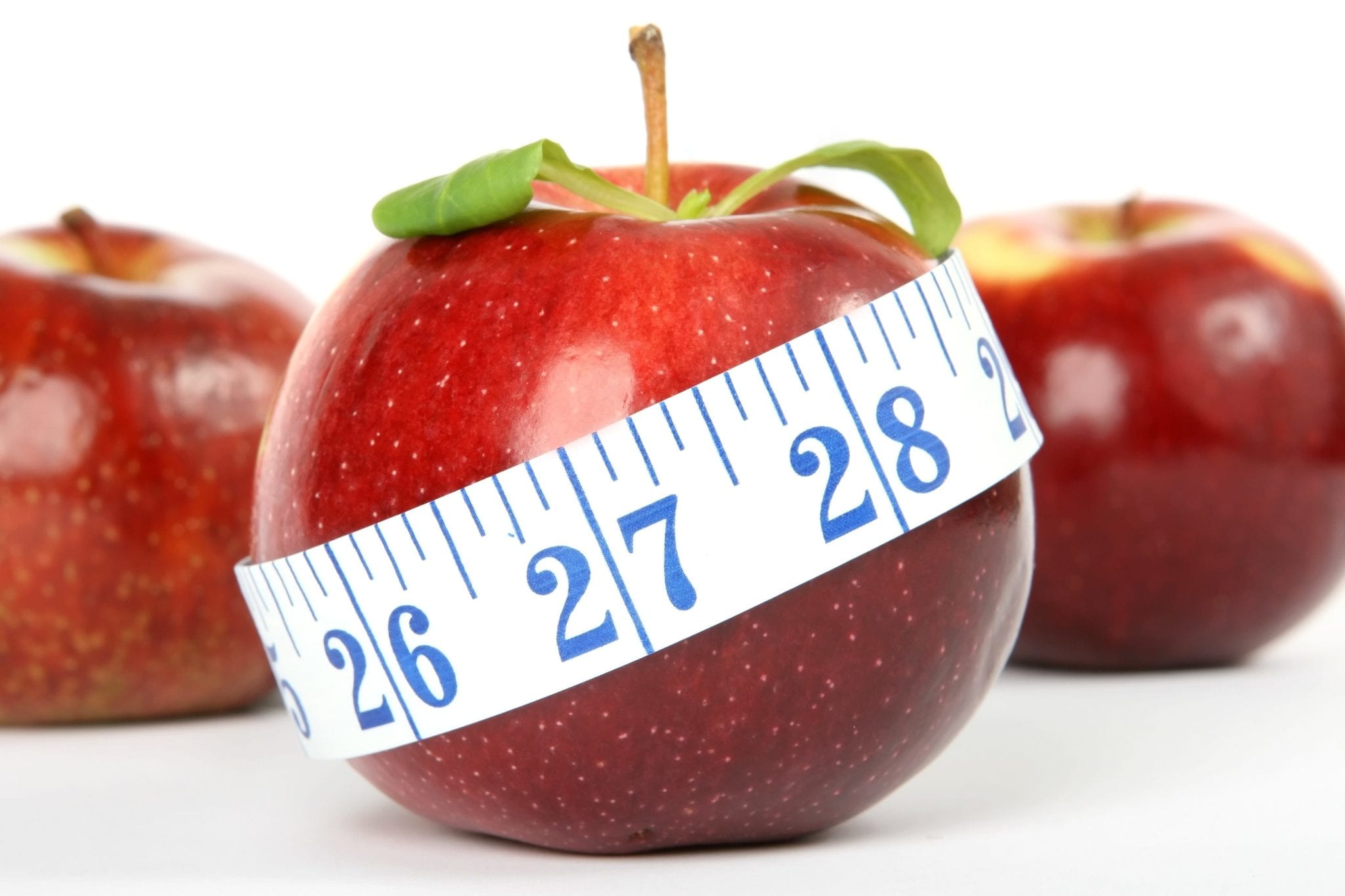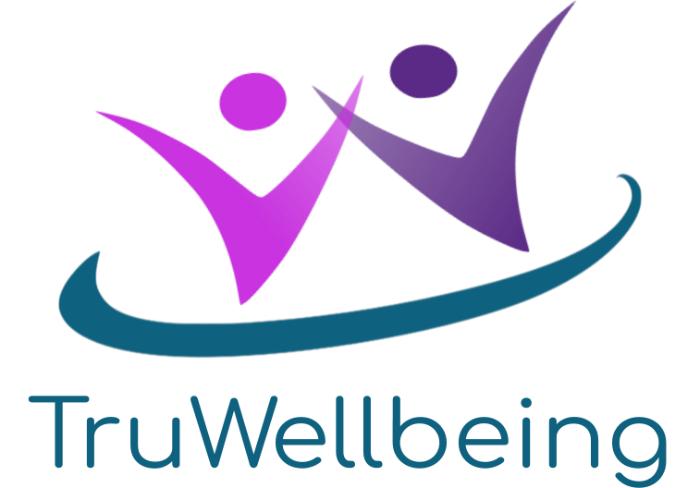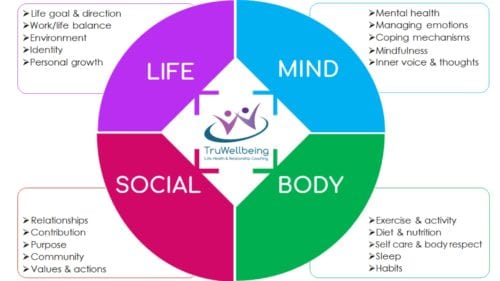
10 reasons diets don’t work (and what does!)
There are loads of reasons diets don’t work but here are just 10.
There are many reasons diets don’t work, but the hardest thing is not taking it personally! After years of trying to lose weight, I found that all I had lost was my confidence and self-esteem. I hate the word DIET, it just brings up my experiences of hope followed by failure.
My first experience of going on a diet was when I was 12 and I said to my mum that I wanted to lose weight. What I actually was saying, is that I didn’t like the way I looked and the ‘skinny’ girls looked attractive and I wanted to be like them. My mother, thinking she was doing the right things, dutifully took me to my first slimming club. Afterall, she needed to lose weight too, and even though she didn’t stick to it before, nor the meal replacement shakes, maybe it would work this time?!
I was given a ‘diet plan’ telling me the foods I could eat. I sat in a room of middle aged women, reinforcing that it was ‘hard’ to lose weight. I stood on the scales expectantly every week only to be informed that exercising creates muscle which weighs more than fat. Okey dokey – stop doing that then! Must eat more processed yoghurts because they’re ‘free’ – no nutritional content but they’re free.
The irony was that I had inherited my mother’s unhealthy relationship with food. I was given jelly tots on a regular basis, as a treat or when I was sad, or when I was bored. Nothing as nice as a packet of cheese and onion crisps in front of the TV. I was subliminally informed, from an early age that food can alter your state, so if I was feeling a bit bored, down or lonely, yummy yum, here comes food in to my tum. Do I blame my mum, absolutely not! She was trying to make me happy – and food did that for me. My sister was always slim. I was the one who would eat all my Easter eggs before Easter Monday and feel sick. My sister seemed to have hers still going two months later. I was to a degree, biologically predisposed to having an unhealthy relationship with food. I believe now, that a part of my brain receives more ‘pleasure’ from eating food. However, as a more emotional being than my sister, I have historically used food to cheer myself up or reward myself. Finding a way to manage my emotions and feelings without food has been the trick in my success.
Why can’t I do it?
Why can’t I lose weight?
I know now I wasn’t the only one asking these questions.
I helped so many clients who came in to my clinic who refused to give up, but felt like they were a failure. The secret is – it’s not your fault! (but that doesn’t mean you can’t do something about it !)
If the diet industry helped us focus more on why we eat the way we do, rather than focussing on what we eat, there would be a lot more healthy people in the world.
So Why Don’t Diets Work?
Well, the diet industry is worth over £2 billion in the UK, $72 billion in the US and According to the Global Weight Loss and Weight Management Market report, the Weight Loss and Weight Management Market accounted a value of $168.95 billion in 2016 and is projected to reach a value $278.95 billion at the end of 2023.
It explains to a degree why diets don’t work – because the diet industry doesn’t want them to!
So, here is my list of 10 reasons why diets don’t work (and what does)
1 Diets Aren’t Much Fun!
The term diet generally brings about a whole load of feelings – and usually feelings of deprivation. When we start feeling miserable and deprived it makes us want to turn to things that cheer us up. If food is the thing that you usually do to cheer yourself up, then you end up in a vicious circle. You’re feeling deprived of the thing that brings you pleasure. Which makes it even worse! We feel we need willpower to fight through it, but when we sneak in a treat, or have a little binge then we feel like we’ve failed. And guess what, when you feel like you’ve failed, it makes you feel bad about yourself and what do you normally do when you’re feeling a bit down in the dumps? Yep, give yourself a little treat… and so the negative feelings continue.

So, what to do?
Discover what’s underneath the need for ‘yummy’. If you’re willing to focus on being happy, then you will enjoy what you eat and how you eat. When you start focusing on what you’re feeling and responding to it in a healthy way, you don’t need to rely on food to help you change your mood. Diets don’t work but responding to your emotions in a healthy way can!
By creating a positive relationship with food, our body and ourselves on a deeper level, we will actually support our biology and psychology in generating the ideals conditions for reaching our natural weight. Dieting is concerned with the how you look (or how you don’t want to look) but by understanding the psychology of why we eat to change our mood, is the key to making lasting change.
2 Diets Don’t Create Lasting Change
Diets are really short-sighted, they make you look at what you need to change on a surface level. If every time you saw a crack on the wall you slapped on some glue and painted over it, then most of the time the crack would keep getting bigger. When you look at the structure of the wall and see what’s causing it to crack, then you can put something in place to make it stronger. Diets work in the same way. They don’t encourage you to look at your lifestyle as a whole and start valuing yourself and nurturing yourself to really and truly care what you put in your body.

So, what to do?
Creating longlasting change is not about setting a weightloss goal. It’s about finding a way to change your view of yourself and responding to all your needs in a healthy and confident way.
3 You’re Too Stressed
When you diet, after the initial buzz of starting, you start feeling the initial motivation taper off and then you start feeling conflicted. You want to lose weight but you also want to eat the ‘yummy’ foods you used to eat, that you like.
Or if you’re a busy working mum, you have lots of other things in your life in addition to the diet that will stress you out.
The problem is, stress produces cortisol and cortisol affects weight loss. Increased cortisol levels can cause your insulin levels to rise and blood sugar to drop, making you crave sugary, fatty foods. Insulin is the mechanism by which we store fat, so when we are insulin levels are out of whack, we essentially become fat storing machines.
In addition, lack of sleep will affect your appetite and push sugar cravings super high. When we’re stressed, we tend to reach for a glass of wine in the evening to see us through, and that messes with our body chemistry producing more sugar cravings (or cheese cravings in some cases!)
So, what to do?
Work on your stress levels as part of your weight loss routine. Guess what is great for stress? Exercise. But that doesn’t mean hours pounding the treadmill at the gym. Having a game of Frisbee, football, swimming or going for a long walk will help. There are loads of different ways to exercise and trust me, when you’re not so stressed, everything becomes much better and easier.
In addition, going for a nice massage or doing something that is relaxing from meditation to deep breathing is brilliant. There are millions of blogs on how to manage your stress and practice mindfulness. Now that you know it will help you lose weight, I’m betting you’re more willing to engage ?
4 Diets Focus On Weight Loss Rather Than Good Health.
Don’t think if a pink elephant – no I said DON’T think of a pink elephant. Too late… you just did (it just popped up in your head, you couldn’t help it) When we focus on what we want to lose our brain will just focus on what we don’t like about yourself. Starting with a negative image doesn’t help.
If I say “think of the benefits of good health”, then that starts feeling better. Inside, whether we admit it or not, we all want to be healthy and happy. We might not want to do what it takes to be healthy and happy, but if I gave you a magic wand that gave it to you right here and now, I’m pretty sure you would take it, even if to see how it feels different. Alternatively, you can keep using up all your good health resources that usually come quite easily when you’re young and wait for the effect of poor lifestyle to hit home in your older years.
Well there are amazing benefits to being healthy, and knowing that you’ve created a healthy and happy life for you (and your family if you have one) is better than any magic wand could give you. When we focus on long term, good health we’re giving ourselves the best chance at living life to the fullest (now and in our old age)

So what to do?
Focus on how great it will feel eating healthy foods and notice the change in your energy, skin, hair… all the things you may not ordinarily be looking for. Keep a log of how your mood is, so that you have the evidence it is working because it will!
5 Diets Make You Eat Unhealthy Foods.
As a nutritionist, it makes me cringe when I think about the foods I was encourages to eat by slimming groups and books that I read. A certain name brand yoghurt that had the following ingredients
Reconstituted Skimmed Milk, Skimmed Milk, Strawberry, Skimmed Milk Powder, Fructose Syrup (1%), Modified Maize Starch, Gelatine, Anthocyanins, Pectin, Guar Gum, Flavourings, Aspartame, Acesulfame K, Acidity Regulators: Calcium Malates, Citric Acid, Yogurt Cultures
If you’re confused, so was I. Yoghurt should only contain milk and yoghurt cultures (and fruit if you’re having a fruity one!)
And it’s not just yoghurt… Next time you’re in a supermarket, look for yourself at the ingredients in a diet snack bar…

So, what to do?
The truth is, our body responds best to unprocessed, whole foods. These foods are what we are designed to eat and allows the metabolism to work well. Processed foods (anything that doesn’t come for the ground or field) aren’t usually healthy and are likely to impact the way your body works.
6 Diets Cause Deficiency In Essential Nutrients
Getting all the nutrients you need can be tricky, even eating the best diet in the world. Eating too many refined foods or sugar over time causes insulin resistance, meaning nutrients can’t get into cells (insulin is how your body delivers nutrients into cells). This can cause you to become hungrier and increase cravings because your body isn’t getting the nutrients it needs!
For example, deficiency in Chromium can ruin your metabolism and make it harder to shift the pounds.
It makes sense now why diets don’t work.
So, what to do?
It’s possible to reverse this over time. By eating a diet, full of whole foods you can reverse the impact of a poor diet. I recent client of mine was astounded that her skin was not dry, her excema had all but gone and her hair was growing thicker (she called
7 Diets Don’t Address the REAL Reasons Why You Gained Weight In The First Place
It is likely you have an emotional reason for eating food. Or a habitual leftover from when you ate for an emotional reason which then becomes deeply ingrained that it remains even when the emotional reason is no longer there.
Or you will have developed a mindset that means you eat for a reason other than hunger. And if you feel it really is hunger then at some stage in your life you will have disrupted the normal response to satiety (being full) and hunger.
Or you have low self-worth and feel safer being overweight, not wanting to change. Inadvertantently you may have low self-worth or low self-belief thinking you’ll never be able to do it and could have sabatoged attempts in the past by cheating or giving up.
What ever the reason, there is one and it’s not just because food is yummy.
The reason usually falls into one of the following categories; emotional, habitual, belief.
So, what to do?
Understanding what you’re getting out of what you do or what you eat is the key. It really takes self-reflection and time to ask yourself what it is giving you? You also need time and patience. When you look at what’s going on beneath the surface then you can make permanent and long lasting changes. But this doesn’t happen over night. It takes time to really ask yourself why you do what you do, and also develop a plan to change your coping mechanism. However, one meal or one snack at a time you can change your mindset to why you eat so that you don’t have to eat.
8 Most Diets Don’t Have The Right Support System
Reading a book and dieting on your own is lonely. Going to a class where people are reinforcing how hard it is losing weight is demoralising. Most diets don’t offer one-to-one ‘qualified’ support where you can really get help or the focussed and directed support of peers. It is likely you know quite a few people who are struggling with their weight, but are these the people you need to help you move forward on your journey.
Inless you have studied Motivation 101 the chances are you have felt you wanted to speak to someone about cravings, or have someone to turn to when you’re feeling down and want to dive into a tub of icecream. If you normally eat a multipack of curly wurlys when you’ve had a bad day, and just not in the mood to ‘identify’ you trigger or a better coping mechanism, who is there to give you the pep-talk you need.
So what to do?
Find a community like BiancaValenta or build your own. The thing is, there needs to be positive support rules and direction for your group, so try to make sure that you have conversation topics but also clear rules about no re-enforcement of negative behaviour.
9 Diets Don’t Help You Identify True Hunger
The key to being healthy is responding to your body’s needs. Often when clients are anxious they get a sicky feeling in their stomach. Some people mistake this for nausea and don’t want to eat. Others mistake it for hunger, or just want the sicky feeling in their stomach to go away, so eat.
The only exception to this rule is breakfast as your body has gone into a state of fasting overnight, so sometimes you need to eat breakfast even when you don’t feel hungry. You are focussing on treating your body like a very important vehicle which carries you throughout your life. You need to give it nutritious food to keep it running well.
So what to do?
By connecting with what it is you’re feeling, will help you identify true hunger.
Then, eating and responding to your natural hunger cues, chewing your food and eating mindfully will allow you to identify when you’re full. Putting your knife and fork down between bites helps with that.
10 Diets Can Cause Your Metabolism to Slow Down
Diets can focus on low fat, high carb. The aim being to eat less calories than your body needs to function. The problem with that is two fold. Firstly, your body will slow down your metabolism (that rate at which your body burns calories) . This is likely to make you feel tired, ratty and make it harder to shift pounds. Secondly, your body will metabolise muscle as well as fat. Essentially, your body will use your muscle as an energy source. Muscle is essential in burning calories and the less muscle you have the harder it is to burn off the food you eat.
So what to do?
Don’t eat a low-calorie diet. It may work in the short term but it is more likely that your reduced metabolism will cause you to put on weight when you stop the diet.
Eat more protein. It will help keep you fuller for longer, and your body can use it to repair and replace the muscle that could be used for energy. I recommend clean low carb where most of your meals are proteins and fruit, salad or veg.
Do weight training exercise to increase your muscle mass and keep your metabolism at an even keel.

The truth is, if what you did in the past worked you would be sat there reading this. Diets don’t work in the long term.
What does work is a healthy lifestyle where we eat unprocessed, whole foods that our body can process easily. But, if it were that easy we would all be slim. Undoubtedly, finding the reason behind the compulsion to eat food that you know is unhealthy albeit tasty or eating beyond being pleasantly full is the key to developing a healthy relationship with food.
References
Read more articles to help you on your journey to be slim, happy and healthy – read more



